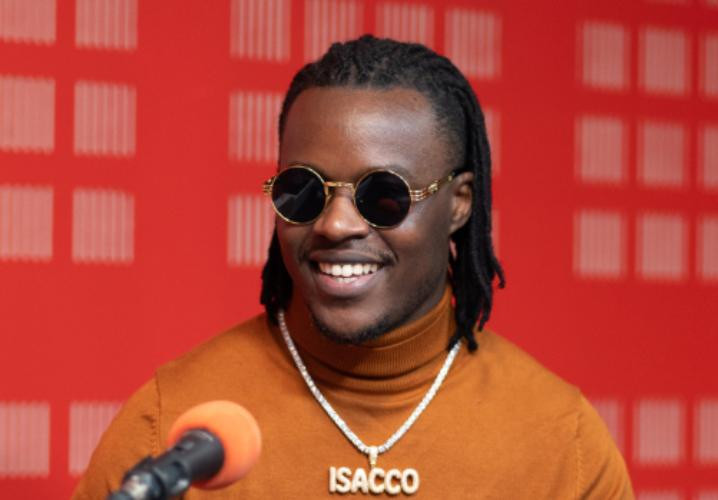×
The Standard e-Paper
Join Thousands Daily

Murwanashyaka Nzabonimana popularly known as Isacco is a Rwandese artist who is based in France, he talked to Jael Musumba on his recent winning of the Nshuti Awards for Best Male Diaspora Artist, his next up coming album and why he decided to be part of The Masked Ball charity event meant to happen in France.
Who is Isacco?